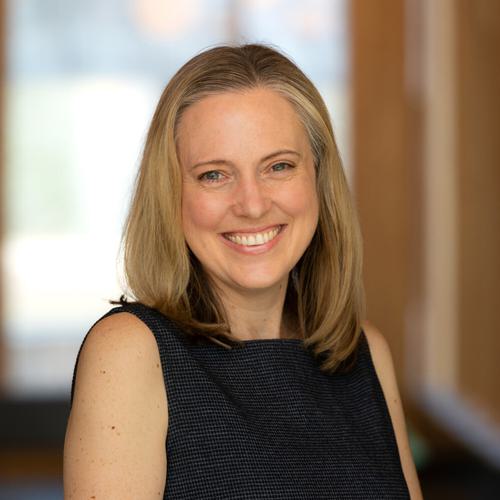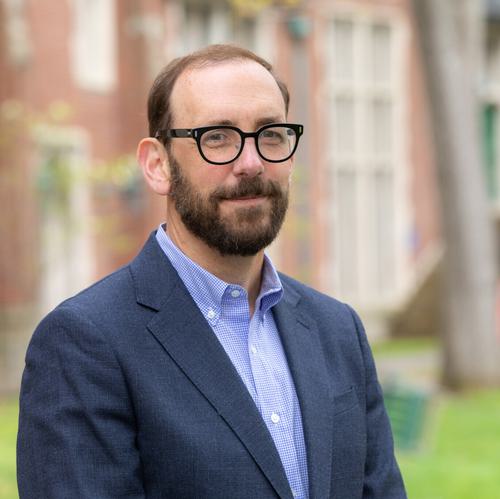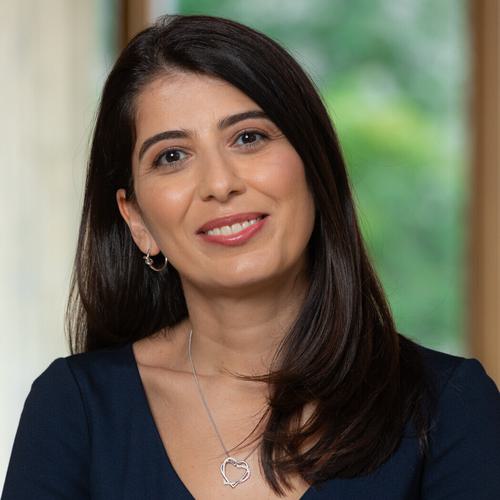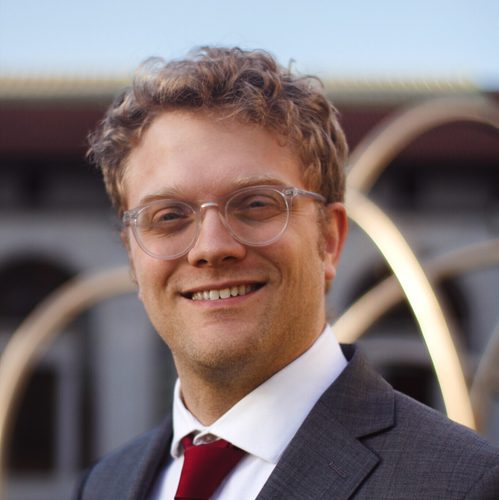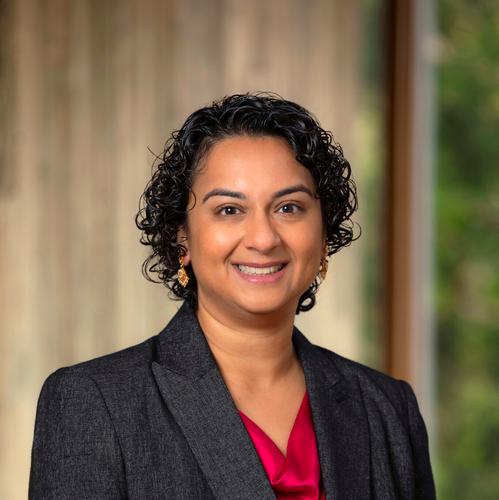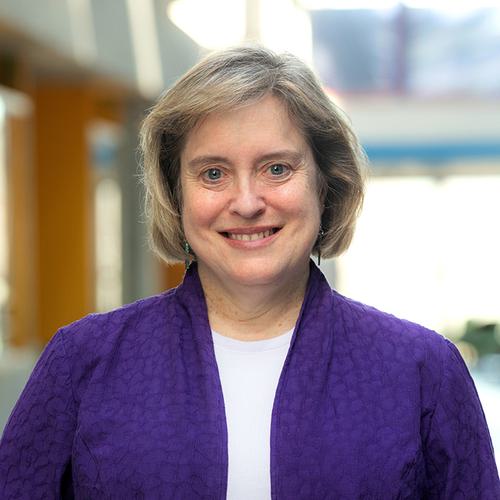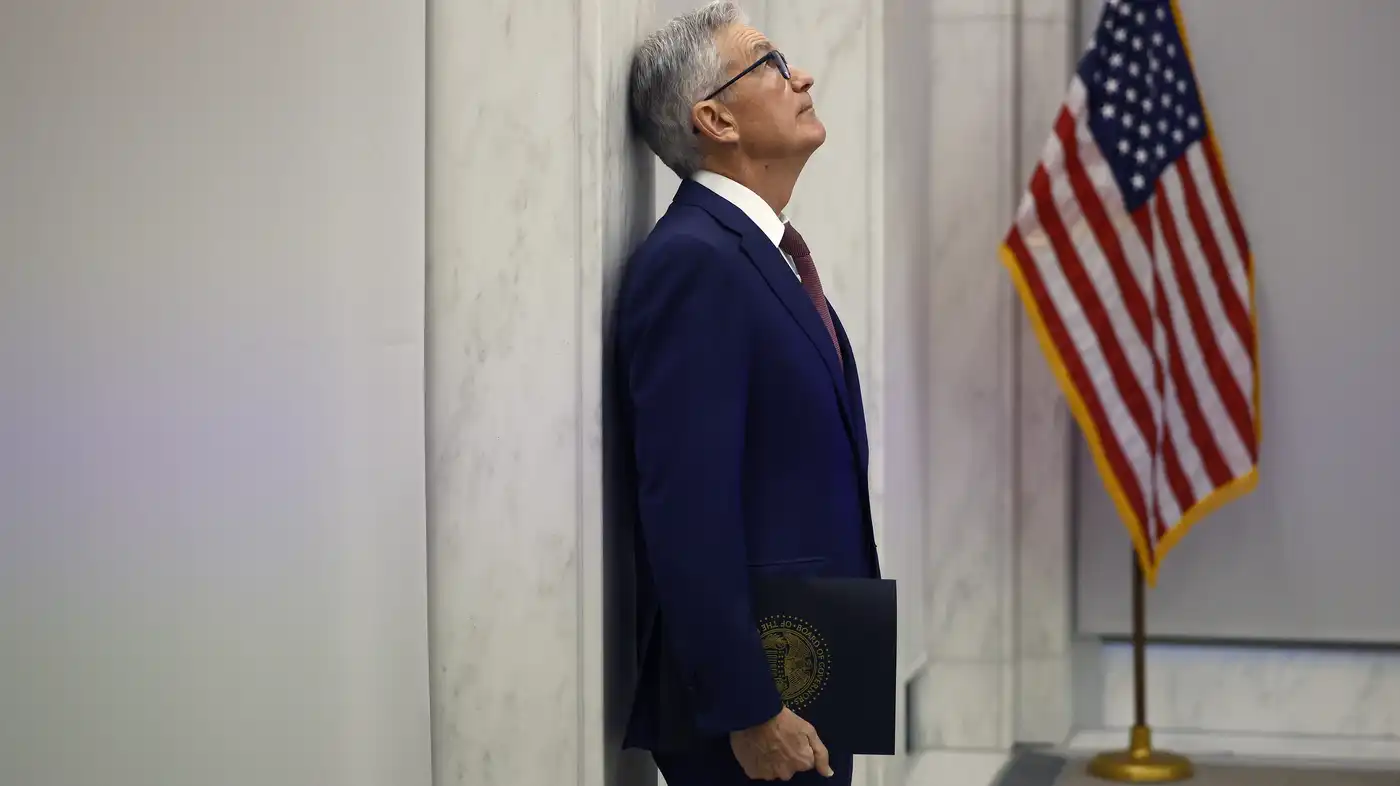Economics
Academic Department Introduction
Economics is the study of how a society allocates scarce resources. Economists use analytical tools to examine how individuals, firms, and governments make decisions and to evaluate outcomes in terms of their equity, efficiency, and stability. Studying economics helps students understand how the world works and identify solutions to challenges like inequality and climate change.
Economics is a certified STEM major and the largest major at Wellesley. Our faculty members are dedicated teachers and mentors as well as outstanding scholars: Six have been awarded the College’s Pinanski Prize for excellence in teaching, and we are ranked as one of the top two liberal arts colleges in the U.S. for economics research. Our department has a long history of breaking down barriers for women, from helping to found the American Economic Association in 1885 and the Committee on the Status of Women in the Economics Profession in 1971, to sending more women to economics Ph.D. programs from 1971 to 2000 than 31 other elite colleges and universities, to training students today for diverse careers in business, public policy, and more.
Learning goals
Identify situations in which scarcity requires that individuals, firms, and societies make trade-offs, and recognize the costs embodied in those choices.
Analyze efficiency and equity in market outcomes, the role of government in the market economy, the costs and benefits of international trade, the challenge of stabilizing the macroeconomy, and the factors that affect the long-term growth rate of the economy.
Assess the logic of an economic argument by applying analytical and quantitative tools.
Programs of Study
Economics major and minor
Students attain a basic understanding of economic principles, the ability to engage in critical reasoning, and competency in making written and oral arguments supported by empirical analysis.
International Relations - Economics
International Relations majors study past and present global interactions, with a focus on trade, development, and finance.
Course highlights
Tax Policy
ECON215
This course considers the role of taxation in the economy. The course studies how taxation affects economic efficiency, income distribution, capital formation, and microeconomic incentives. Major topics include the effects of the individual income tax, the corporate income tax, Social Security taxes, estate taxes, property taxes, green taxes, sales taxes, and the role of international tax incentives in a global economy.
-
Behavioral Economics
ECON324
Why do people give to charity? What can be done to convince more people to save money in retirement plans? This course explores these and other questions by introducing psychological phenomena into standard models of economics. Evidence from in-class experiments, real-world examples, and field and laboratory data is used to illustrate the ways in which actual behavior deviates from the classical assumptions of perfect rationality and narrow self-interest. -
Big Ideas in Economics: Contributions of Nobel Laureates
ECON204
Economics is the only social science in which the Nobel prize is awarded, and the list of winners and citations showcases the evolution of the discipline and economic ideas with staying power. This course will use the Nobel Prize as a starting point for students to apply what they have learned in principles of economics courses by exploring how economists have framed, and answered, important empirical and theoretical questions in our field. Topics may include incentives and decision-making; poverty, inequality, and welfare concerns; market design, firm behavior, and competition; externalities; financial markets; economic growth and macroeconomic equilibrium; the application of empirical methods to social problems; and possible future prize-winning ideas.
Research highlights
-
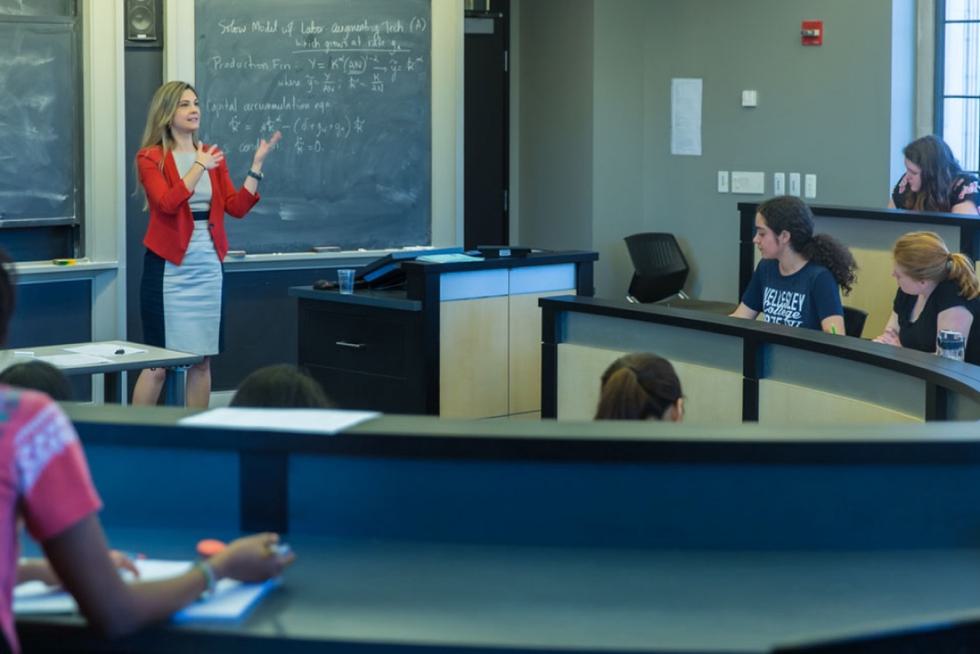
“Gender stereotypes in deliberation and team decisions,” a paper by Professor Olga Shurchkov, Clio Flikkema ’17, and a co-author and published in Games and Economic Behavior in 2021, finds that gender stereotypes lead to the underrepresentation of women in team leadership roles.
-

“Water Quality Awareness and Breastfeeding: Evidence of Health Behavior Change in Bangladesh,” a paper by Professor Pinar Keskin, Professor Kartini Shastry, and Helen Willis ’14 and published in the Review of Economics and Statistics in 2017, finds that an informational campaign to educate families about the risk of arsenic in drinking water led mothers to breastfeed longer, reducing infant mortality.
-

Professor Phillip Levine’s book A Problem of Fit: How the Complexity of College Pricing Hurts Students—and Universities (University of Chicago Press, 2022) explains why the complex college pricing system is bad for families and for colleges and universities.
Opportunities
-
Case Summer Fellows Program
This program fosters research collaboration between economics faculty and student research assistants. Students work full-time for eight and a half weeks and receive a stipend plus on-campus housing.
-
Goldman and Calderwood lectures
Through these lecture series, students are introduced to top economic thinkers including Nobel Prize winners, Federal Reserve Bank presidents, and other notable economists.
-
Wellesley Economic Student Association (ESA)
The ESA organizes lectures by department faculty members and outside speakers, informal social events, and events with alums with economics degrees who share their experiences in graduate school and careers.
-
The Peggy Howard ’66 Fellowship
This fellowship is available to Wellesley undergraduates and alums for postgraduate study in economics and related fields. To be considered for the Peggy Howard Fellowship, please submit an application.
-
Master of Arts in International Economics and Finance (MA) at Brandeis International Business School
This two-year graduate program prepares students for careers in international finance, business, policymaking, and other fields that require strong analytical skills in international economics. Wellesley undergraduates earning the MA pursue a special track beginning in their senior year.
Beyond Wellesley
Beyond Wellesley
Many of our graduates earn Ph.D.s at leading universities, including Harvard, Princeton, and UC Berkeley, and publish papers in top economics journals that started as undergraduate research projects. Our graduates work in business, law, finance, medicine, international development, and other roles—from newspaper editor to fashion entrepreneur. Recent employers include Goldman Sachs, the Federal Reserve Bank of New York, and Chase Bank.
Recent Employers
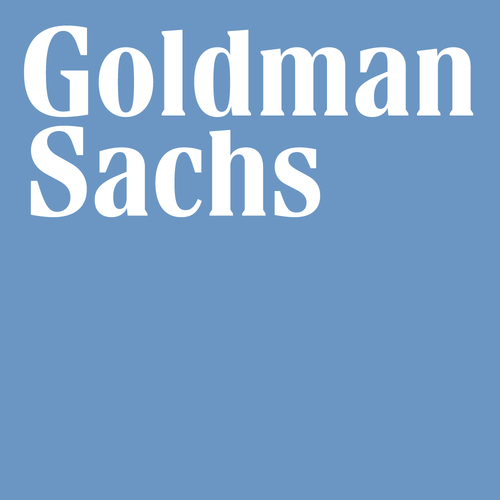
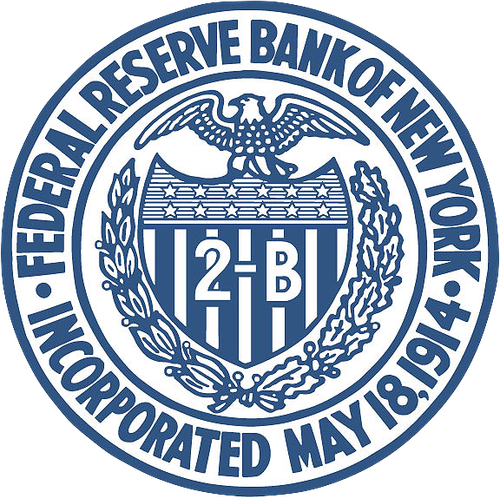




106 Central Street
Wellesley, MA 02481


